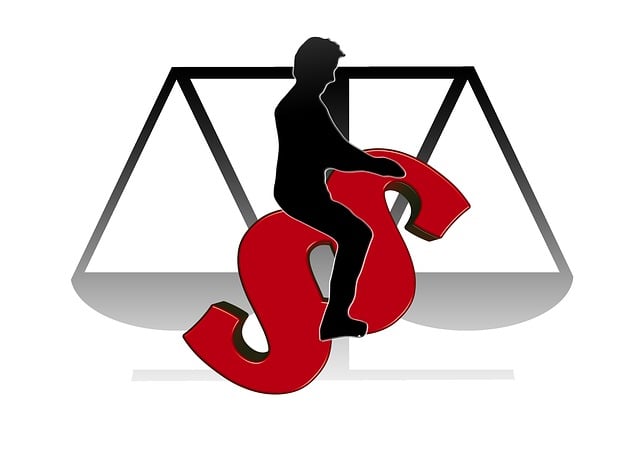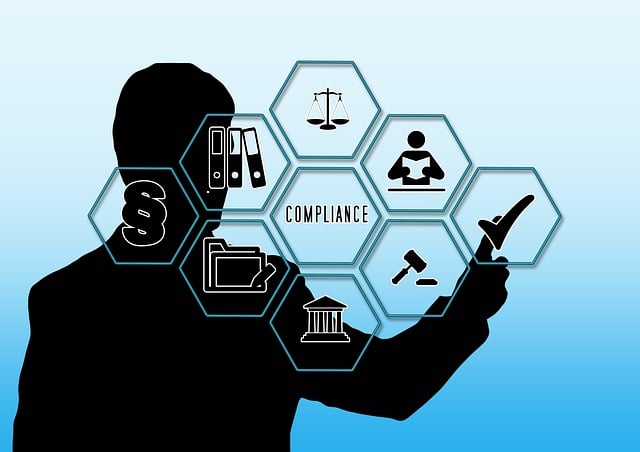Multnomah County, Oregon's Child Advocacy System offers a collaborative network for protecting and supporting child victims of abuse. The system provides specialized services at its central hub, minimizing trauma through efficient criminal investigations and legal advocacy. Parents involved with CPS have specific rights, including legal representation, while an attorney's guidance during the investigation process ensures procedural correctness and compliance with state laws. Understanding this system is crucial for navigating child protective services, securing fair outcomes, and post-case management support for families.
“Navigating complex legal systems can be daunting, especially when it involves the well-being of a child. This comprehensive guide aims to demystify the process for parents and guardians facing Multnomah County’s Child Advocacy System. From understanding the initial evaluation and investigation stages to representing your rights in court and managing post-case support, this article equips you with knowledge. Learn how legal expertise can be your ally, ensuring a fair and just outcome while reclaiming your family’s future within the Multnomah County child advocacy framework.”
- Understanding Multnomah County Child Advocacy System
- Legal Rights When Involved with Child Protective Services
- Navigating The Investigation Process With Legal Guidance
- Court Involvement: Representing Your Interests
- Post-Case Management: Reclaiming Your Family's Future
Understanding Multnomah County Child Advocacy System

Multnomah County, Oregon, boasts a well-structured Child Advocacy System designed to protect and support children who have experienced abuse or neglect. This system is a comprehensive network of professionals from various fields, including law enforcement, social services, and healthcare, all working together under one roof. The primary goal is to provide a safe space for child victims and witnesses, ensuring they receive the necessary help while also facilitating effective criminal investigations.
The Multnomah County Child Advocacy Center serves as the central hub, offering a range of specialized services. This includes forensic interviews, mental health assessments, medical examinations, and legal advocacy. By coordinating these services, the center aims to minimize the traumatic impact on children who often need to relive their experiences multiple times during legal proceedings. Understanding this intricate system is crucial for anyone navigating child protective services, especially those with legal expertise who can contribute to its efficiency and effectiveness.
Legal Rights When Involved with Child Protective Services

When involved with Child Protective Services (CPS) in Multnomah County, parents and guardians have specific legal rights that they should be aware of. Understanding these rights is crucial to navigating the process effectively. According to Oregon law, individuals have the right to be informed of the reasons for the CPS involvement, to remain silent, and to have an attorney present during any interview or hearing.
In Multnomah County child advocacy, parents are entitled to legal representation throughout the entire process. They can request a public defender if they cannot afford private counsel. The role of the attorney is to protect the parent’s rights, ensure that procedures are followed correctly, and advocate for the best interests of both the child and the family. Knowledgeable legal expertise can help individuals understand their options, challenge any unfair practices, and make informed decisions during this challenging time.
Navigating The Investigation Process With Legal Guidance

Navigating the investigation process with legal guidance is crucial for anyone involved in a case with Multnomah County Child Advocacy. The initial stages often involve gathering evidence, interviewing witnesses, and reviewing medical records. With the help of an attorney specializing in family law and child protective services, you can ensure that your rights are protected throughout this sensitive period.
Legal expertise is vital to understanding the scope of the investigation, challenging any biases or procedural errors, and ensuring that all parties involved adhere to state laws and regulations. This proactive approach not only helps build a robust defense but also provides peace of mind during an otherwise chaotic time, ultimately leading to a fairer outcome for all.
Court Involvement: Representing Your Interests

When facing issues that may lead to child protective services involvement, understanding your rights and having legal representation can be pivotal. In Oregon, specifically within Multnomah County, court proceedings related to child advocacy are taken seriously. If you’re a parent or guardian, it’s crucial to ensure your interests and those of your child are protected throughout the process. Engaging an attorney skilled in family law and child protective services ensures that all legal options are explored and that your rights are upheld.
They can help navigate complex procedures, advocate for your perspective, and challenge any unfounded allegations. Their expertise allows them to present a strong defense, whether it’s through negotiations or in front of a judge. This support is invaluable, as the consequences of such cases can be severe, impacting not just family dynamics but also future opportunities. With legal guidance, parents can better manage the situation, ensuring the best possible outcome for both themselves and their children.
Post-Case Management: Reclaiming Your Family's Future

After a case involving child protective services (CPS) is resolved, families often find themselves navigating post-case management—a crucial phase in reclaiming their future. This period requires dedicated support and legal guidance to ensure long-term stability and well-being for both children and parents. Multnomah County Child Advocacy Center plays a vital role here by offering comprehensive services tailored to each family’s unique needs.
Reunification, adoption, or long-term foster care—whichever outcome is reached—requires careful planning and legal oversight. The center provides resources to help families understand their rights, make informed decisions, and access necessary support systems. This includes mediation, counseling, and legal aid, enabling parents to regain custody, rebuild relationships, and create a secure environment for their children while adhering to CPS regulations.






